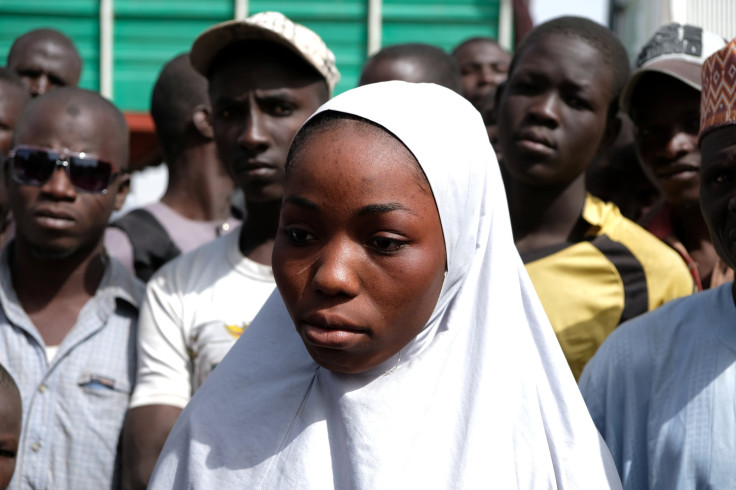Nigeria Travel Ban: President Tells Citizens Don't Travel To US Because Of Trump Immigration Plan

Nigeria told its citizens Monday to avoid traveling to the U.S. after it discovered that some Nigerians had been refused entry even with valid U.S. visas. Once they landed in the U.S., they were put on return flights, according to Reuters. This comes after President Donald Trump’s implemented new changes to his immigration executive order banning certain Muslim-majority countries from entering the U.S.
Although Nigeria is not on the list of six-Muslim-majority countries under Trump’s travel ban, northeastern Nigeria has been battling the Islamic militant group Boko Haram for years. About half of the West African country's residents are Muslims. The other half are Christians.
“In the last few weeks, the office has received a few cases of Nigerians with valid multiple-entry U.S. visas being denied entry,” Abike Dabiri-Erewa, senior special assistant to the president on foreign affairs and diaspora, said in a statement. “Such affected persons were sent back immediately on the next available flight and their visas were canceled.”
She also said Nigerians must avoid traveling to the U.S. unless they have a real emergency. "Nigerians who have no compelling or urgent reason to travel to the U.S. to postpone their travel plans until the new administration's policy on immigration is clear," she said.
Trump signed a new executive order Monday after his Jan. 27 attempt was dismissed by the courts. The president's new travel ban now targets Syria, Sudan, Libya, Somalia, Yemen and Iran, which will be banned from coming to the U.S. for 90-days. Refugees were suspended for 120 days and Syrian refugees were permanently suspended. The new order goes into effect March 16.
Boko Haram has been terrorizing northern Nigeria for seven years in a conflict that has killed 15,000 people and displaced up to two million from their homes. The U.S. State Department recently urged U.S. citizens to avoid Nigeria because the security situation in northeast Nigeria remains "fluid and unpredictable."
© Copyright IBTimes 2025. All rights reserved.






















